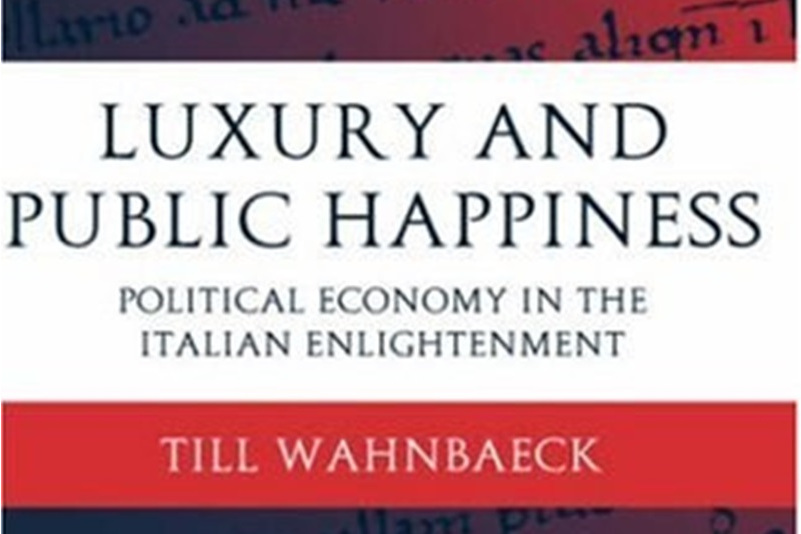《Luxury and Public Happiness》是2004年出版的圖書,作者是Wahnbaeck, Till。
基本介紹
- 中文名:Luxury and Public Happiness
- 作者:Wahnbaeck, Till
- 出版社:Clarendon Press
- 頁數:240 頁
- ISBN:9780199269839
內容簡介
This work charts the development of political economy in eighteenth-century Italy, and it argues that the focus on economic thought is characteristic of the Italian enlightenment at large. Through an analysis of the debate about luxury, it traces the shaping of a new language of political economy which was inspired by, and contributed to, European debate, but which offered solutions that were as much shaped by intellectual traditions and socio-economic circumstances as by French or Scottish precedent. Ultimately, those traditions were responsible for the development of very distinct 'cultures of enlightenment' across the peninsula -from the insertion of the economy into the edifice of enlightened Catholicism, to the development of physiocracy in Tuscany, to a new analytical approach to economics in the Milanese enlightenment.Wahnbaeck draws on treatises, academic debates, university lectures, sermons, letters, dictionaries and personal sketches to trace the development of a public culture in Italy in the middle of the century, to establish the channels for the transmission of ideas between Italy, France and Scotland, and the development of an analytical language of economy in Milan in the second half of the century. This work relates those developments to the socio-economic and political contexts in which they occurred and argues that the focus on the economy (especially in northern Italy) can be explained by a triple reason: against the background of a declining economy and a shift towards agriculture in a competitive European environment, economic thought addressed the region's most pressing needs; secondly, subjection to Habsburg rule meant that political reform was monopolized in Vienna, whereas economic policy was an area of developed government and hence offered a safe route to influence without infringing on Hapsburg prerogatives; and finally, advances in economic thinking in Milan in particular provided a claim to power against the previous generation which had dominated the field of jurisprudence.

